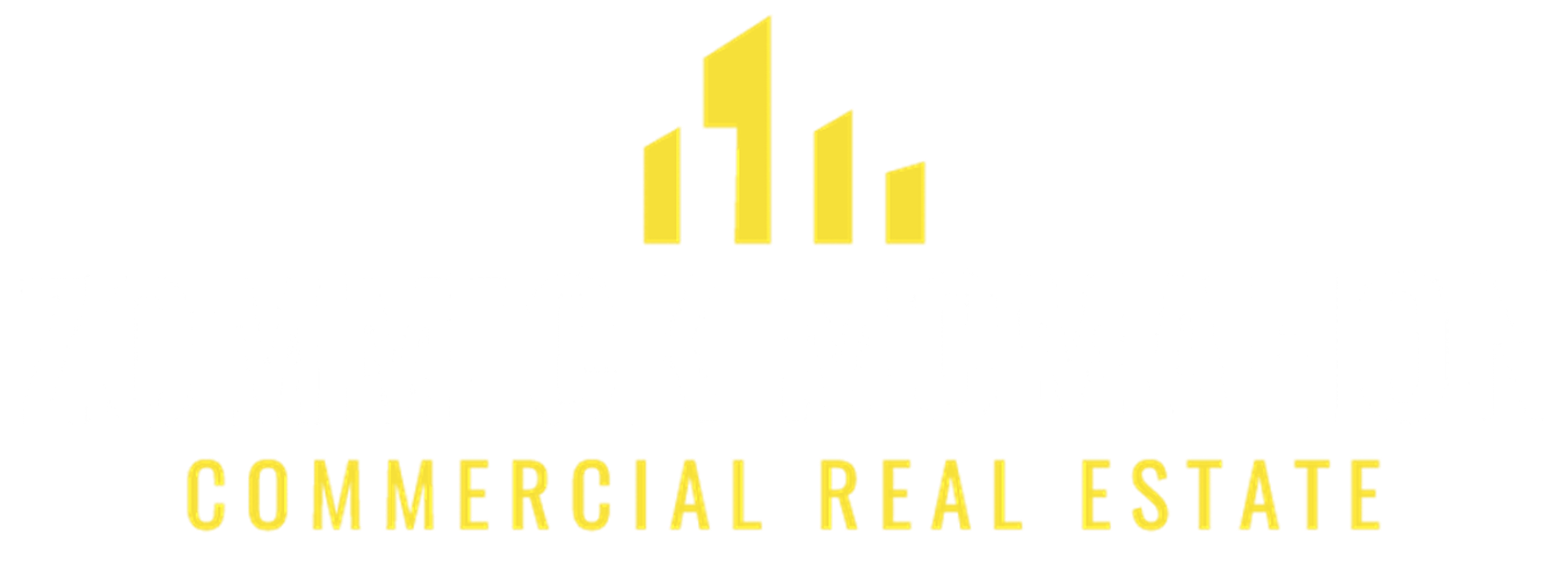
Every industry uses its unique language to communicate with others in the field easily, and commercial real estate (CRE) is no exception. It can be easy to feel overwhelmed if you’re unfamiliar with CRE lingo. New professionals often find it challenging to keep track of all the terminology when starting.
To help you out, we’ve compiled a list of the CRE terms to know to help you navigate this new world. Continue reading to familiarize yourself with the most common terms you’ll come across in the industry.
Common Terms in Commercial Real Estate
The following are the most common terms you can expect to encounter in the CRE industry:
- 1031 like-kind exchange: A 1031 exchange allows investors to sell one property and defer paying capital gains taxes if they use the proceeds to buy a like-kind property within 180 days. For example, an investor can exchange an apartment building for an office building. The Internal Revenue Service (IRS) outlines how to qualify for a 1031 exchange as some stipulations exist.
- As-is: As-is refers to a property that a tenant will lease in its current condition. The landlord or property manager won’t make any upgrades or renovations before the move-in date. As-is can also refer to selling a property without additions, upgrades or renovations. Accepting a property as-is means the current owner is not responsible for any improvements.
- Building classification: All buildings have a specific classification — A, B or C — that determines how desirable a property is based on various characteristics. Class A is worth the most while C is the least. The property’s classification and market value are based on amenities, location, infrastructure and other qualities.
- Buildout: Buildout refers to the necessary work to be completed before a new tenant can move into the property. Buildouts can be expensive or minor and include repairs, demolition, upgrades and renovations.
- Capitalization rate (cap rate): The cap rate is a measurement that helps landlords value and compare real estate investments. The cap rate refers to the rate of return on property investment.
- Concessions: Landlords sometimes make deals or give discounts to tenants to motivate them to lease a specific space. These concessions can include moving expenses, early occupancy, discounted rent or other covered expenses or benefits.
- Contiguous space: Multiple spaces on the same floor of a building can be combined to rent as a single unit, referred to as contiguous space.
- Contingencies: Contingencies are requirements, terms or conditions that all parties must meet before a deal closes. For example, a landlord might require tenants to obtain renters insurance before moving into the property.
- Eminent domain: Governments or municipalities can acquire private property for public use, but they must provide compensation to the property owner. Governments or municipalities don’t need the owner’s consent to seize the property using eminent domain, but they must give at least 30 days’ notice.

- Fair market value (FMV): FMV is the price or value of a property under current market conditions. Both buyer and seller are properly informed and are willing to allow the property to change hands without any pressure.
- Gross lease: This commercial lease requires the tenant to pay a fixed rental amount while the landlord covers other costs, such as maintenance, utilities, taxes and other expenses.
- Lease: A lease is an agreement between the tenant and landlord specifying the rules both parties must follow for a set time frame.
- Letter of intent (LOI): A person can issue an LOI to express interest in a property and contract without entering into one. LOIs are sometimes used as a more affordable alternative to a formal lease.
- Net lease: A net lease requires tenants to pay some or all ownership expenses on top of the existing fixed rent. Common expenses or nets include maintenance, property tax and insurance. Tenants may cover one, some or all of these expenses.
- Net operating income (NOI): Once a landlord accounts for all expenses, the NOI is the funds leftover. The income usually comes from rent, fees and parking.
- Operating expenses: Operating expenses refer to the money it takes to run the property, including insurance, management, repairs and taxes.
- Option to purchase: This is a contract specifying that the buyer is the only one with the right to buy the property in question, meaning the seller can’t look for or sell to a different buyer.
- Option to renew: The option to renew allows tenants to renew the agreed-upon contract for a set time. Some terms that may change include rent prices or term length. Many people use this option when renting out apartment homes.
- Real estate investment trust (REIT): A REIT is similar to stocks and allows you to invest directly in real estate. Various types of real estate can be included in REITs, including hotels, apartments, office space and industrial warehouses.
- Sale-leaseback: The property owner agrees to sell at least a part of the property to an investor. The investor then leases the property back to the seller, who occupies the unit as a tenant.
- Security deposit: A security deposit is a payment from the tenant proving they intend to move into the space. Security deposits are often required in apartments and similar dwellings to secure the spot before the move-in date.
- Sublease: Subleasing occurs when a tenant leases part or all of the property to someone else, called the subtenant. A sublease doesn’t replace the original lease. Sometimes, people sublease their property before their lease ends so they can move out. Some leases prohibit subleasing.
- Tenant improvement allowance: The landlord can set an allowance or maximum amount they will spend to change or improve the property for a tenant.
- Turnkey: Turnkey means a space is ready for immediate move-in, and all the essential items are already installed and ready for use.
- Vacancy rate: The vacancy rate refers to the number of spaces available for rent compared to the total number of units, usually presented as a percentage.
- Zoning ordinance: City governments and municipalities create zoning ordinances to determine property use. For example, properties zoned for commercial use cannot be used as housing. Properties can be rezoned but often require meetings with the local government.
Choose Zommick McMahon Commercial Real Estate for Your CRE Needs
Zommick McMahon Commercial Real Estate is your go-to for all aspects of CRE. We have a long history in the industry and have the knowledge and skill to help you find the property you desire. We personalize our attention to your unique needs so we can find you the best property available on the market.
We can help you lease, buy or invest in various CRE properties. We also offer landlord and tenant representation. Check out our services and contact our agents for your real estate needs.

